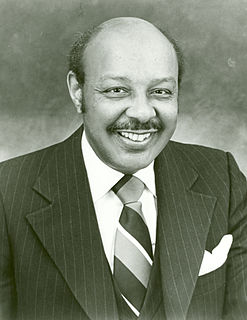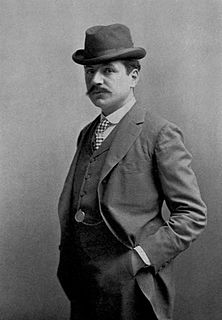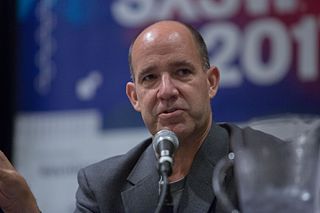A Quote by Eliot Spitzer
I apologize to the public, whom I promised better.
Related Quotes
Well, Americans expect our president to be human beings, and as imperfect as all of us are. They expect us to make mistakes and all that. But one thing the American public likes is, if you make a mistake, you do that, you cross that line that they expect you to behave under, then you apologize or then you correct that behavior and said you have learned, you are going to do better, you are going to achieve better, and you are going to serve a higher purpose than that.
Everything you've heard about Canadians apologizing profusely for things they shouldn't be sorry about is absolutely true. It is both sweet, endearing and worrisome at the same time. Having someone apologize for no reason actually makes me feel as though I should apologize for their need to apologize.
Airline glamour never promised anything as mundane as elbow room, much less a flat bed, a massage, or an arugula salad. It promised a better world. Service and dress reflected the more formal era, but no one expected air travel to be comfortable. It was amazing just to have hot food above the clouds.



































